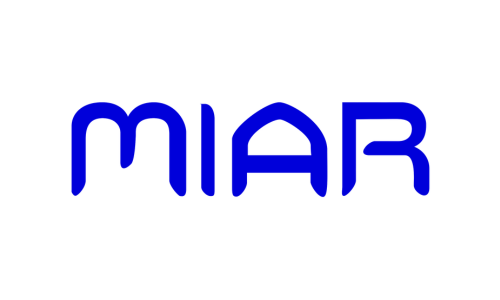Is Methacholine Challenge Superior to Exhaled Nitric Oxide in the Evaluation of a Cough Variant Asthma? The Attitude Regarding its Management
Abstract
Background: The aim of our study was the follow up of a patient presented only with dry chronic cough:Which is the main diagnostic procedure and the most effective therapeutic approach available for such patients at the first medical visit and during his follow up? Methods: Seventy patients (21 males and 49 females) age of 40, 47 year, presented only with chronic non productive cough were studied. They did accomplish 3 medical controls for a period of 8 months with a distance of 4 months from each other. A detailed history was taken to evaluate the existence of other contributing factors to chronic cough such as: Asthma, GERD, PNDS, and any respiratory infections. Only 65.71% of them accepted to undergo the Methacholline challenge test and the measurement of Exhaled nitric oxid. Results: From 41 patients who at the first visit were considered to have Cough Variant Asthma (CVA), 47.14% resulted to have GERD as a cofactor to cough and 42.86% resulted to have PNDS as a cofactor. The methacolline challenge test resulted to be positive in 89.13% of the patients at the first visit toward 62.85% who resulted positive at the third visit (p<0.05). The value of Exhaled nitric oxid was elevated at the first visit only in 51.28% of the patients toward 50% who had a high level of it at the third visit. Conclusion: and discussion GERD remains still the most frequent cofactor of chronic productive cough as a variant of asthma.
Keywords: Asthma, methacholine, oxid nitric, cough, GERD.
Downloads
Published
How to Cite
Issue
Section
License
Declaration/Copyright transfer:
1. In consideration of the undertaking set out in paragraph 2, and upon acceptance by ANGLISTICUM for publication of the manuscript in the Journal, I/We hereby assign and transfer publication rights to ANGLISTICUM, whereas I/We retain the copyright for the manuscript. This assignment provides ANGLISTICUM the sole right and responsibility to publish the manuscript in its printed and online version, and/or in other media formats.
2. In consideration of this assignment, ANGLISTICUM hereby undertakes to prepare and publish the manuscript in the Journal, subject only to its right to refuse publication if there is a breach of the Author’s warranty in paragraph 4 or if there are other reasonable grounds.
3. Editors and the editorial board of ANGLISTICUM are empowered to make such editorial changes as may be necessary to make the Manuscript suitable for publication.
4. I/We hereby acknowledge that: (a) The manuscript submitted is an original work and that I/We participated in the work substantively and thus I/We hereby are prepared to take public responsibility for the work; (b) I/We hereby have seen and approved the manuscript as submitted and that the manuscript has not either been published, submitted or considered for publication elsewhere; (c) The text, illustration, and any other materials included in the manuscript do not infringe upon any existing copyright or other rights of anyone.
5. I/We hereby indemnify ANGLISTICUM and the respective Editors of the Journal as mentioned in paragraph 3, and hold them harmless from any loss, expense or damage occasioned by a claim or suit by a third party for copyright infringement, or any suit arising out of any breach of the foregoing warranties as a result of publication of the manuscript.













